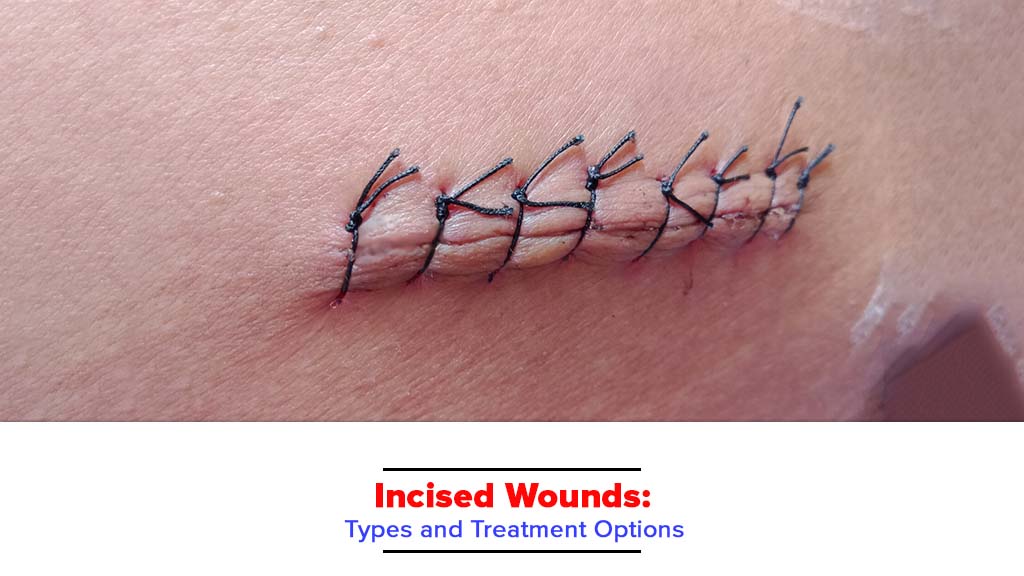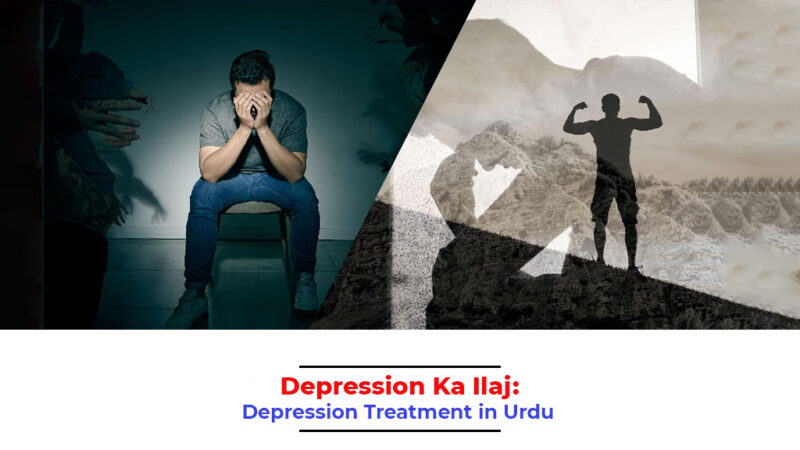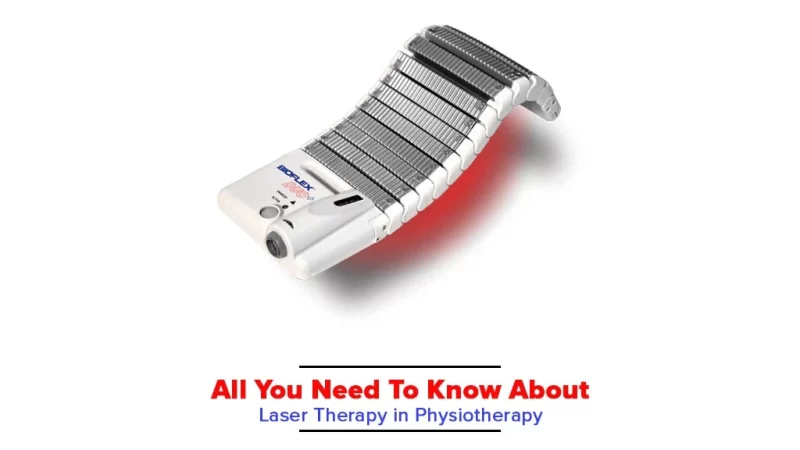
Incised Wounds: Types and Treatment Options
Have you undergone surgery recently or got a cut from a knife or any other sharp object? These are incised wounds that need proper care and treatment to heal.
In this article, you will come to know about incised wounds, their types, and treatment so that you can take care of your wound in an informed way.
What is an incised wound?
An incised wound is a cut that is made during surgery or an injury that results due to a cut from sharp objects such as knives and glass.
Generally, incised wounds are longer but not deep. They usually affect your skin layers but in some cases, the wound is deep enough to cut your muscles, ligaments, and even blood vessels.
Incised wounds need proper care and treatment. They usually heal smoothly between 3 to 6 months. If you notice puss or your wound is not healing properly then it’s time to see your doctor asap.
Difference between laceration and incised wound
Lacerations are wounds that are caused by blunt-force objects. The edges of the wound itself are not smooth. Whereas, incised wounds result from sharp-force objects such as knives and glass. The edges of incised wounds are definite. Generally incised wounds heal faster than lacerations.
Types of Incised wounds
- Surgical incisions. These wounds are made by clean equipment and your doctor treats the wound after surgery to prevent infections. Surgical wounds are usually deep. C-section is an example of a surgical wound. However some surgical incisions don’t heal after surgery.
- Incisions due to accidents during work.
- Incisions from knife or glass during working in the kitchen.
The treatment of an incised wound depends upon how you got it and how deep it is. The sooner you get the treatment, the faster you’ll heal.
Stages of healing
The healing process starts when your body gets chemical signals indicating that there’s a wound that needs to be repaired.
Thankfully, our bodies have a natural repair mechanism that has all the tools to repair wounds, no matter how deep they are. Blood is the source of all these reaping tools. The stages include:
- When you get an incision or a wound, that area starts bleeding. So, the first step is to stop that bleeding. This is done through clotting.
- Once the blood is stopped, the body starts cleaning the wound and protects the wound from infections.
- Now it’s time to build new cells and tissues.
- The final stage is strengthening the new tissues. This maturation process takes days, weeks, and sometimes months as well.
Incised wound treatment
If your incised wound is a result of surgery then your doctor will guide you properly about how to take care of that wound.
But if you have got a cut while working with a knife or accidentally with sharp glass then you can follow a few home remedies or see your doctor in case the bleeding doesn’t stop.
Home care
It’s vital to take care of your wound to help your body heal properly. Clean it properly and cover it with bandages for as many days as your doctor has advised. Change the bandage every day with a clean one to avoid fungal infections. Watch your wound closely for bleeding, puss, and swelling. Also, if you experience fever with no apparent reason then it’s a cause of concern.
Treatment by your doctor
Your doctor will prescribe a few ointments and guide you on how to keep your wound clean and dry. The doctor will also prescribe oral antibiotics and painkillers to make sure your wound heals without getting any infections.
Alternative treatment: Laser pain therapy
An advanced way to heal your incised wound is through non-invasive laser pain therapy. If the wound is not healing properly even if you are following your doctor’s advice then you can opt for laser pain therapy.
A safe laser beam penetrates your wound to stimulate natural healing mechanisms. You will need a few sessions before your wound heals completely.
This laser treatment is done in laser pain therapy clinics by professionals. You might have to take more than one session of laser therapy to help your wound heal faster.
In Pakistan, visit our modern pain management clinic—Bioflex Pakistan. Our expert rheumatologists treat incised wounds through advanced laser therapy to make your healing process fast and smooth.
Click to know more about our surgical wounds treatment or book your appointment now to heal your wound faster.


